General Assembly
The United Nations’ General Assembly was established in 1945 under the Charter of the United Nations. It is the only organ of the UN in which all 193 members nations have equal representations. Additionally, it was a founding institution and stood as the “Deliberative policymaking and representative organ of the UN”. The General Assembly is responsible for making vital decisions concerning the United Nations namely; Appointing the Secretary General, electing the nonpermanent members of the Security council and approving the regular budgets of the UN. Due to the variety of diverse global issues treated by the United Nations’ General Assembly, it found the opportunity of establishing six sub-commissions upon which the topics may be divided. The six main committees are as follows: Disarmament and International Security Committee, Economic and Financial Committee, Social, Humanitarian and Cultural Committee, Special Political and Decolonization Committee, Administrative and Budgetary Committee and the Legal Committee.
This year’s topics are:
- The sustainable management of nuclear energy
- The increase of the global population and its impact on the resources
This year’s plenary session’s topic is: Abolishment of the death penalty
Presidency
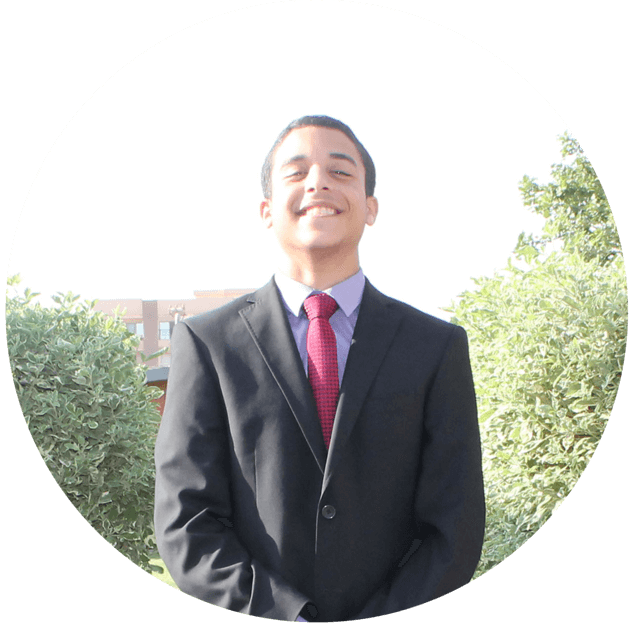
Mostafa Magdy
President of the General Assembly
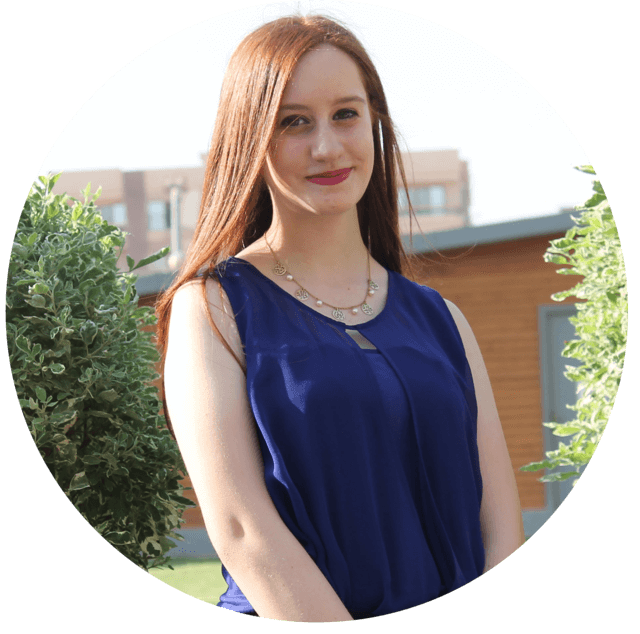
Lobna El Haraky
Vice-President of the General Assembly
International Court of Justice
The International Court of Justice, also known as ICJ is the principal judicial organ of the United Nations. It was established by the Charter of the United Nations after the end of World War II in June 1945, and it started operating in April 1946. It is situated in The Hague, the Netherlands at the Peace Palace. The Court’s role is to settle, in accordance with international law, legal disputes submitted to it by States and to give advisory opinions on legal questions referred to it by authorized UN organs and specialized agencies. The current president of the ICJ is Ronny Abraham; in office since the 6th of February 2015. The Court is composed of 15 judges that are elected for a nine-year term of office by the UN’s General Assembly and the Security Council.
The court’s official languages are English and French.
This year’s case is: The obligation to prosecute or extradite (Belgium vs. Senegal)
Case
Presidency
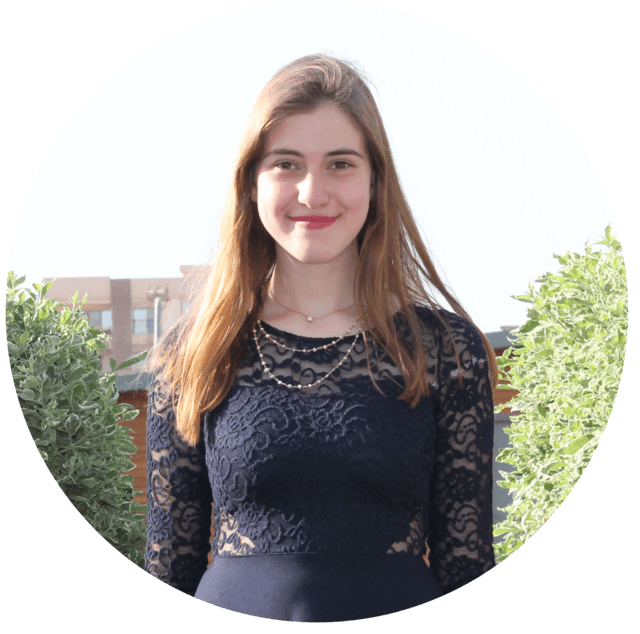
Laila Mardini
President of the International Court of Justice
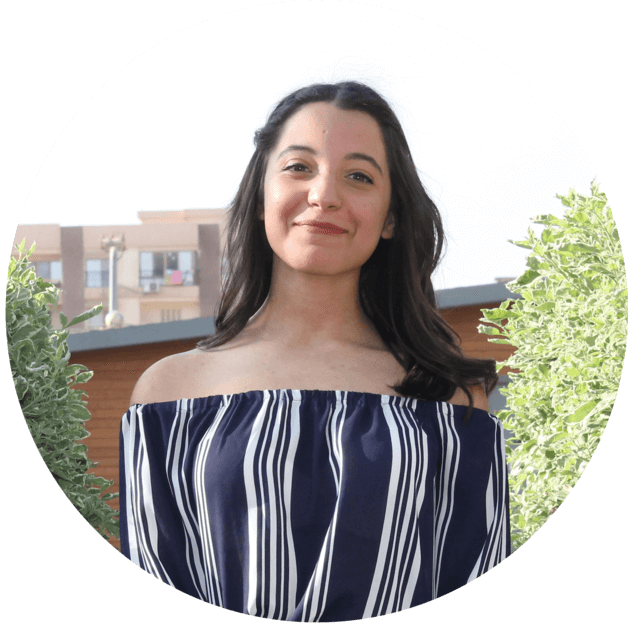
Farida Koura
Vice-President of the International Court of Justice
Security Council
The United Nations Security Council (UNSC) is one of the six main UN organs. It is charged to maintain peace and security under the principles of the UN charter. The UNSC determines the existence of a threat to international peace or an act of aggression. It holds frequent sessions regarding these threats. It’s first sessions was held on the 17th of January 1946. It is only UN organ with the power to implement ceasefire , start UN peacekeeping missions and deploy UN troops named “blue helmets” who are sent to enforce peace in various regions. Under the UN Charter, all member States of the UN are obligated to enforce and carry out decisions of the council. The UNSC is composed of 15 members; 5 of them being permanent veto holding members (The United States of America, China, The United Kingdom, The Russian Federation and France). As for the 10 other members, they are rotating non-permanent members that are elected by the General Assembly every 2 years. The Security Council also recommends to the General Assembly the appointment of the Secretary-General and the admission of new Members to the United Nations. And, together with the General Assembly, it elects the judges of the International Court of Justice. In conclusion, the UNSC’s goal is to develop solutions and implement resolutions in order to prevent aggression and maintain security,
This year’s topics are:
- The Situation in South China Sea
- The Situation in Afghanistan
Topic 1
Topic 2
Presidency of the English Committee
Presidency of the French Committee
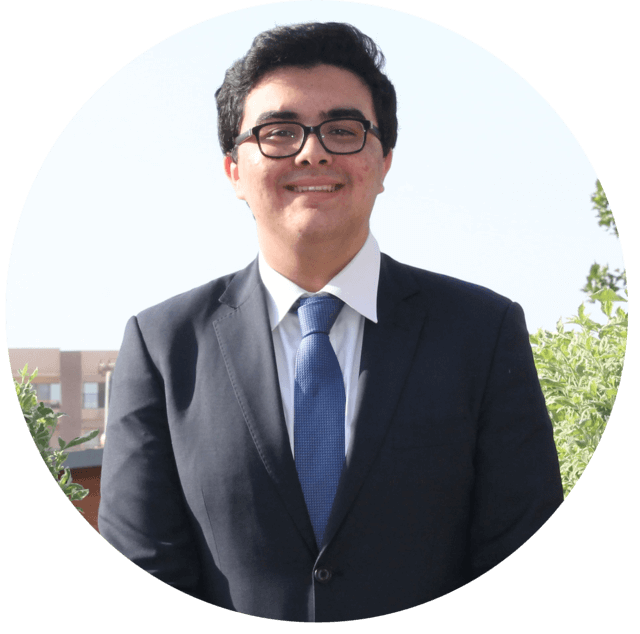
Marwan Mansour
President of the Security Council
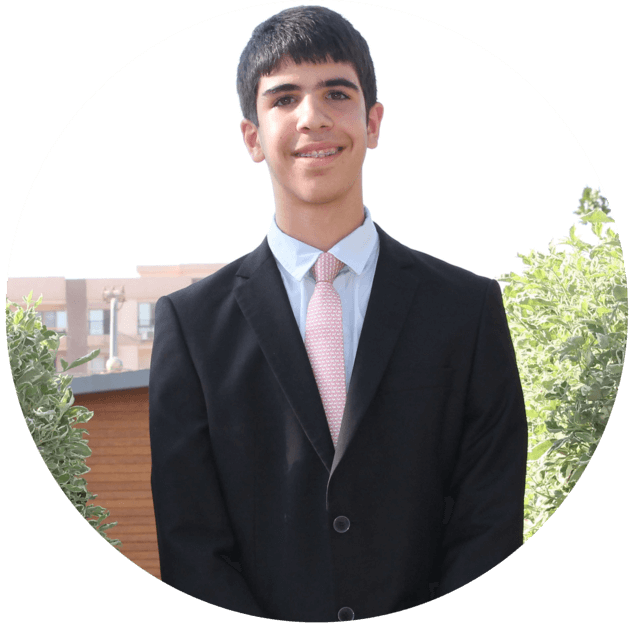
Youssef Sarofim
Vice-President of the Security Council
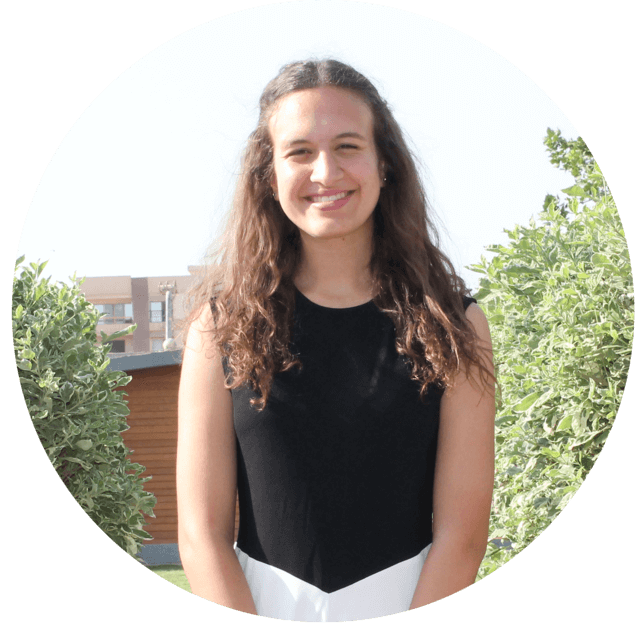
Hana Ebeid
Présidente du Conseil de Sécurité
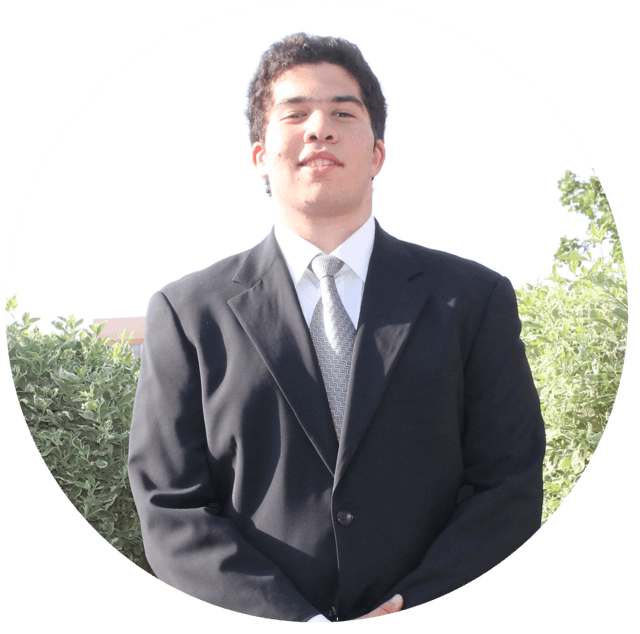
Abdelrahman Haddad
Vice-Président du Conseil de Sécurité
Human Rights Council
The Human Rights Council is an intergovernmental body within the United Nations system made up of 47 Member States, which are elected by the United Nations General Assembly. In fact, this Council was created on March 15th 2006 by resolution 60/251 of the UN General Assembly. The Human Rights Council is responsible for strengthening the protection of human rights around the globe. As basic as the concept of human rights may seem at first, numerous countries and organizations have opposed and infringed these rights due to reasons such as cultural beliefs or financial needs. The dilemma stands where the protection of human rights, and the benefit of a country meet. The Human Rights Council aims to find sustainable solutions that would be applicable to any country or body, in order to bring true equality to those who feel injustice because of who they are or where they live.
This year’s topics are:
- The role of security infrastructure in countering-terrorism and protecting human rights
- Measures to reinforce the rights of the workers during infrastructure constructions
Topic 1
Topic 2
Presidency of the English Committee
Presidency of the French committee
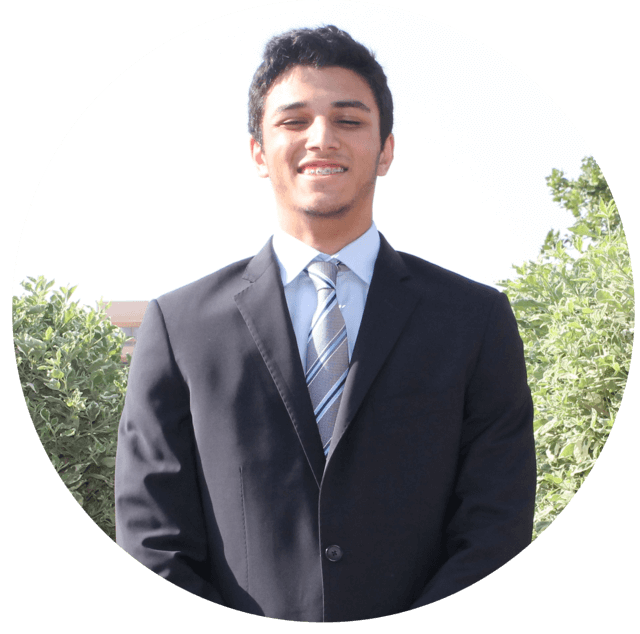
Mohamed El Badrawy
President of the Human Rights Council
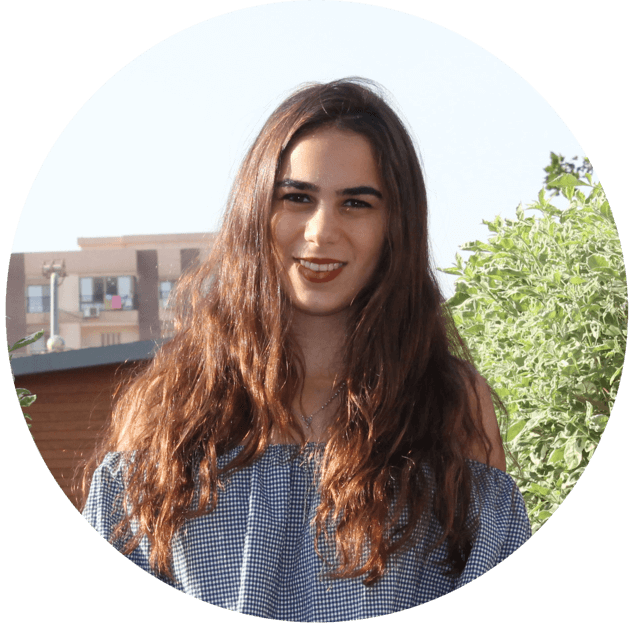
Rita Abdelmessih
Vice-President of the Human Rights Council
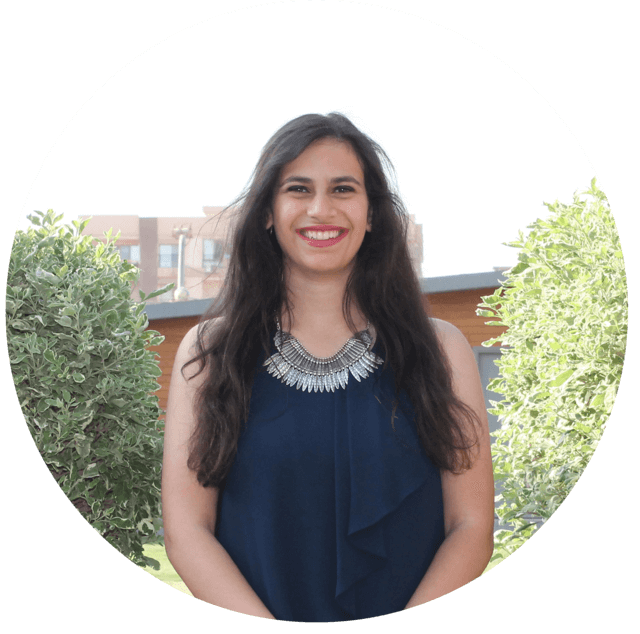
Salma Hamza
Président du Comité des droits de l'homme
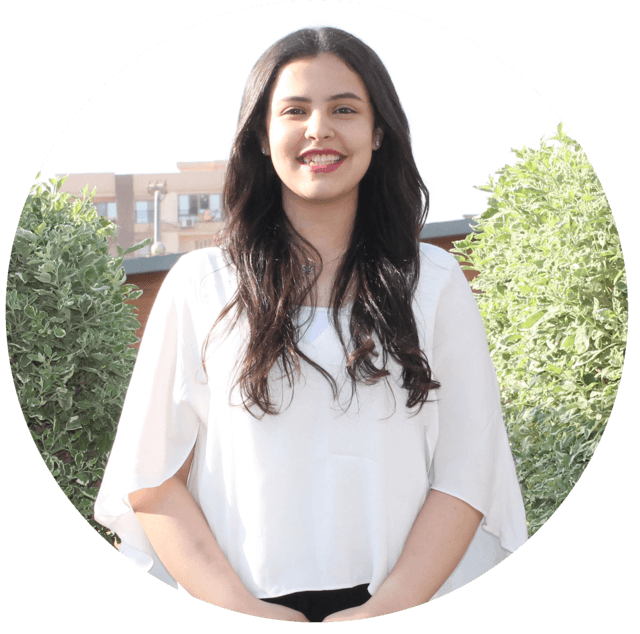
Tahani Fahmy
Vice-Présidente du Comité des droits de l'homme
Economic and Social Council
Status of Women
The Commission on the Status of Women is the principal global intergovernmental body dedicated to promote gender equality and empower women all around the world; offering them the rights they deserve and do not receive. It is a functional commission of the Economic and Social Council (ECOSOC). It was established by the ECOSOC resolution 11(II) of 21 June 1946. It The chairperson for the sixtieth session; in March 2016, was Antonio de Aguiar Patriota from Brazil, and one the vice-chairs was Fatma Al-Zahraa Hassan from Egypt. Each year, they dedicate their annual discussions and actions around a specific theme. As for 2016; their main theme is women’s empowerment linked to sustainable development, more specifically: the elimination and prevention of all forms of violence against women and girls. However, in OISMUN IX, we will be discussing two different topics, the second one will be in collaboration with the Science and Technology for Development Commission.
Topics:
- Child marriage
Plenary session:
Access and participation of women and girls to education, training, science and technology, including the promotion of women’s equal access to full employment and decent work.
Topic 1
Plenary Session
Chairing Panel
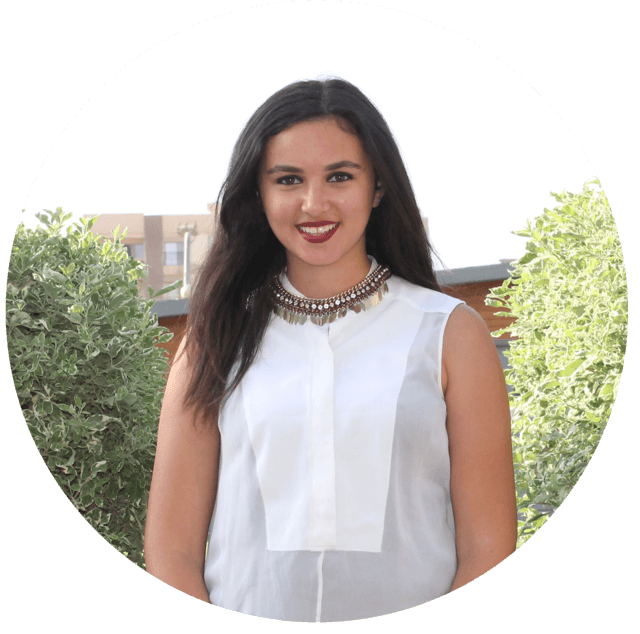
Salma El Toukhi
Chair of the Economic and Social Council
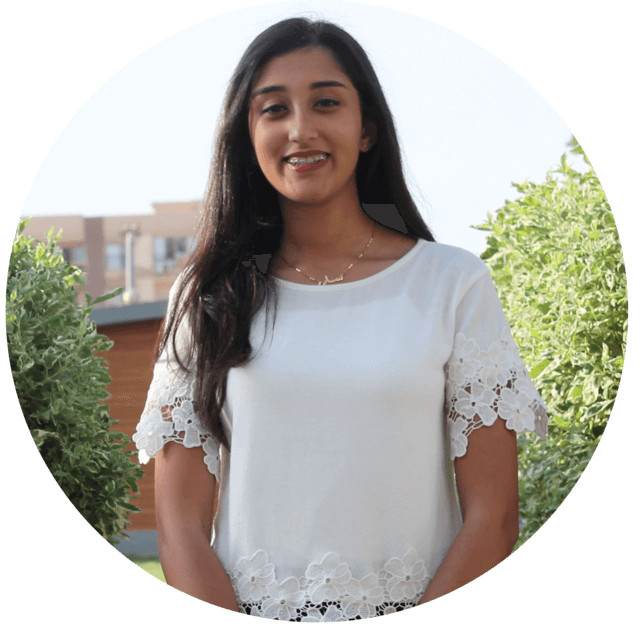
Salma Abouhashish
Co-chair of the Economic and Social Council
Economic and Social Council
Science and Technology for Development
The Commission on Science and Technology for Development (CSTD), is a subsidiary body of the Economic and Social Council, the United Nations’ central platform for reflection, debate, and innovative thinking, and one of the 6 main organs of the UN. The commission was established by the General Assembly Resolution 46/253 in 1992, and its main aim is to provide the General Assembly and ECOSOC with high-level advice on relevant science and technology issues. The current Chairman of the CSTD is Atta ur Rahman.This year, in OISMUN IX, the commission will be aiming to find solutions in order to modernise and develop emerging countries through scientific and technological innovation. Moreover, the Commission will participate in an ECOSOC plenary session in order to discuss the access and participation of women and girls to education, training, science and technology, including the promotion of women’s equal access to full employment and decent work.
Topics
- Science and Technology for Development: the modernisation and development of emerging countries through scientific and technological innovations
Plenary session:
Access and participation of women and girls to education, training, science and technology, including the promotion of women’s equal access to full employment and decent work.
Topic 1
Plenary session
Chairing Panel
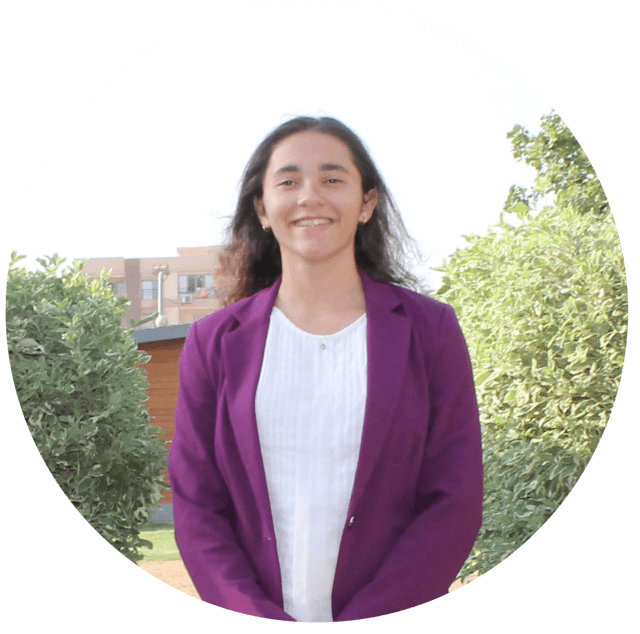
Hana Iverson
Chair of the Economic and Social Council
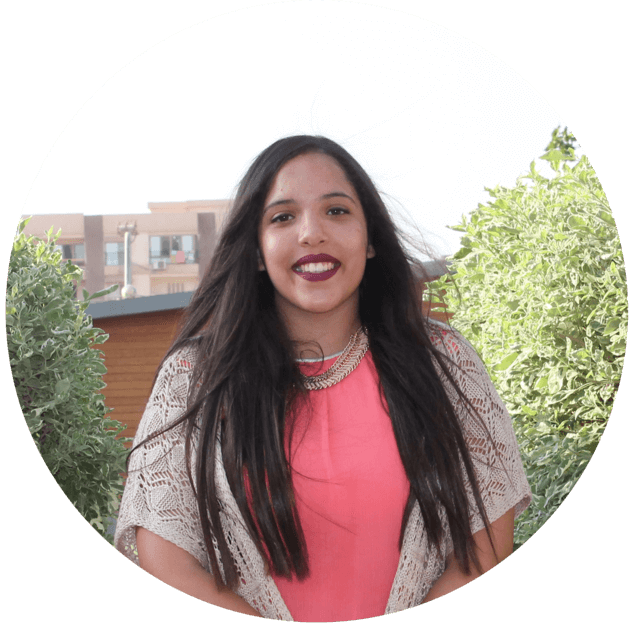
Rana Shaalan
Co-chair of the Economic and Social Council
Special Conference - G20
This committee is only available in french
La conférence spéciale est un comité qui a récemment paru dans les conférences du modèle des Nations-Unies. A OISMUN, un nouveau comité est présenté chaque année. Par exemple, durant la septième conférence annuelle de OISMUN, le comité se centrait autour des problèmes en Egypte, où les délégués étaient des représentants des partis politiques et des personnes bien connues. Par la suite, le comité spécial était consacré à la résolution de problèmes datant de plusieurs siècles, à travers des moyens contemporains. Quant à la conférence spéciale de cette année, le comité spécial – qui est le G20 – sera chargé de résoudre les problèmes économiques, posant des problèmes d’inégalités et de fermeté. Les délégués se comporteront donc en tant que présidents des vingt pays du G20 avec un but commun: la mise en place d’une politique de coordination entre les membres menant à l’atteinte d’un niveau d’économie durable et stable, des régulations financières qui réduiront – voire même empêcheront – des crises financières dans l’avenir et d’un système d’architecture international.
Topics
- La lutte contre la corruption Petty dans les transactions économiques locales
- Limiter le protectionnisme lors des investissements et des échanges internationaux
Topic 1
Topic 2
Chairing Panel
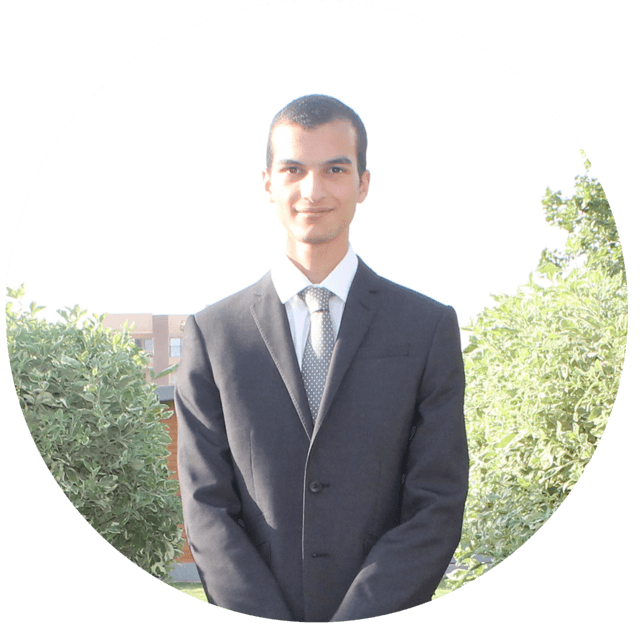
Ali Nour
President de la Conference Special
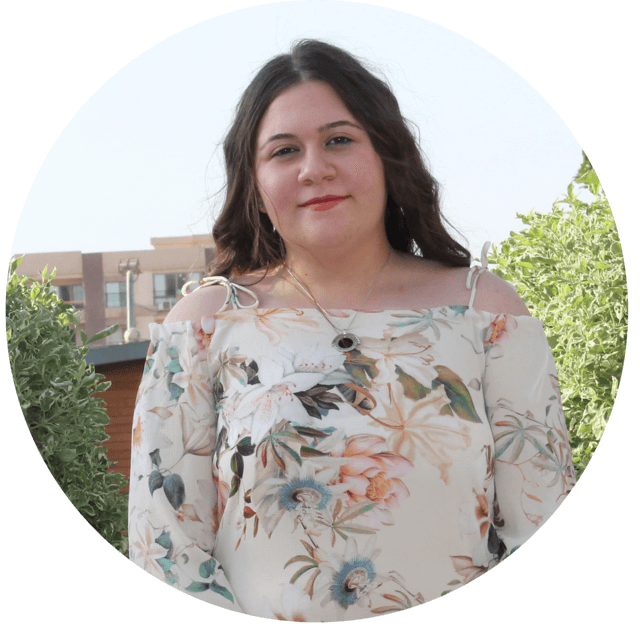
Malak Abdelnaby
Vice-Presidente de la Conference Special


